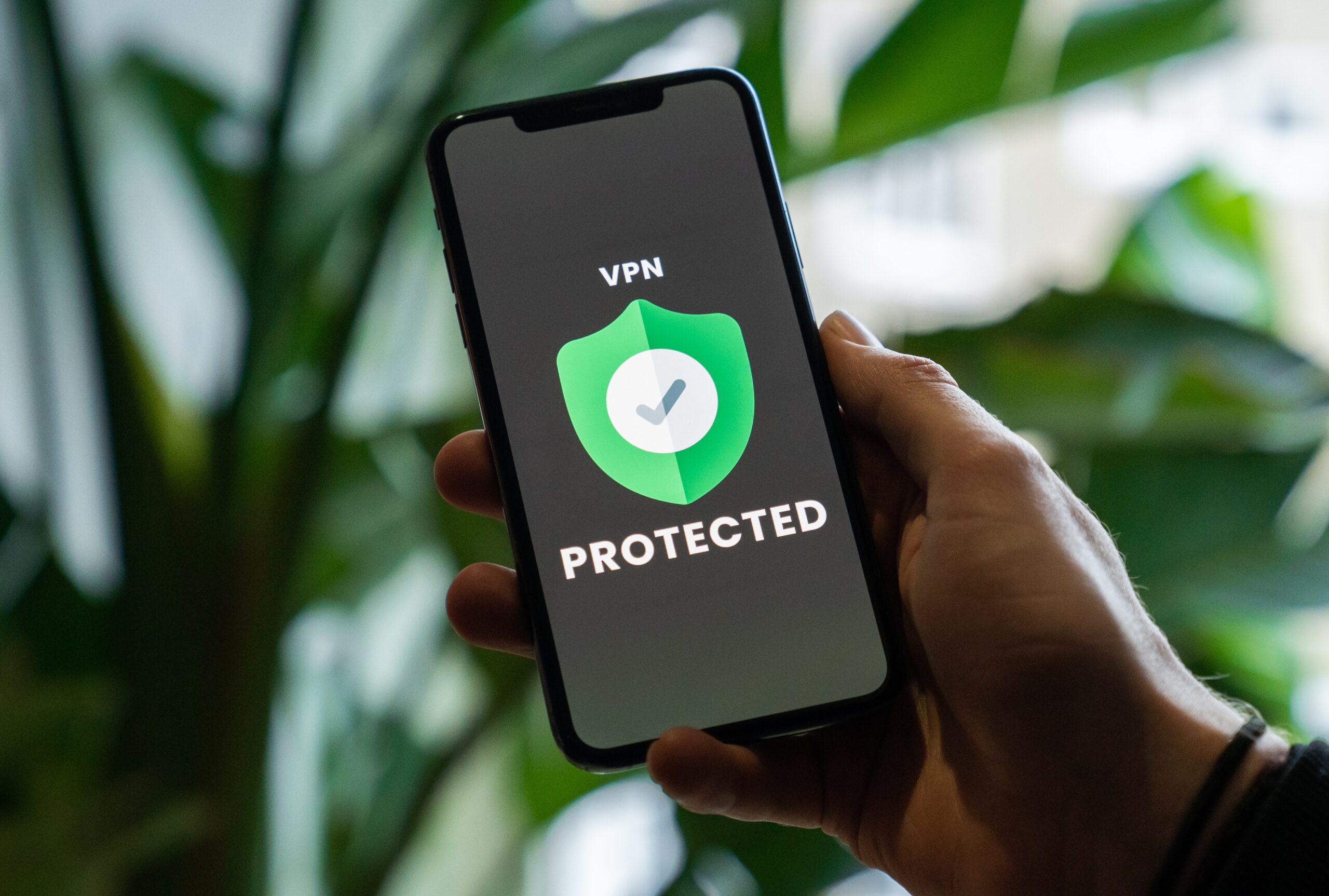Contents
Keeping your personal information private is becoming a more challenging task with each passing day. Data breaches, cyberattacks and other privacy violations are at an all-time high. The unfortunate truth is that hackers, spy agencies and marketers are all working together to strip away our digital privacy. Thankfully, virtual private networks are here to help. A VPN is the perfect tool to protect your personal data, browsing history and online interactions from prying eyes. In this article, we’ll explain why you should be using a VPN on a regular basis and share some helpful suggestions for finding the right VPN service for you. As technology continues to advance at an exponential rate, so too does the desire for security and privacy among individuals. Luckily, virtual private network services like those offered by ExpressVPN can help reverse the trend of eroding digital privacy.
What Is a VPN?
A virtual private network (VPN) is a tool that can be used to increase your digital privacy. VPNs create a “virtual’ network between your computer and servers operated by the VPN service. This “virtual” network routes all of your internet traffic through an encrypted tunnel, making it far more difficult for hackers, ISPs or government agencies to spy on your activities. VPNs are often used by businesses to allow remote employees to securely access company networks and resources. However, they can also be used to protect your privacy on your home WiFi network or while you’re on the road. VPNs come with a variety of features, but their most important function is to provide you with a significant amount of privacy.
Why You Should Be Using a VPN
If you’re worried about your digital privacy, the best solution is to use a VPN. VPNs allow you to encrypt your data, change your virtual location so websites can’t track you, and spoof your IP address so you can access geo-restricted content. All of this means that you can enjoy greater privacy and security online. VPNs are also an excellent tool for protecting your privacy against government surveillance. They are often used by journalists, activists, whistleblowers, and other individuals who need to protect their communications against government interference. VPNs are also a useful tool for protecting your privacy from the threat of online tracking. Companies like Google and Facebook make their money from advertising. If they have accurate information about your interests, they can make more money by serving you targeted advertisements. That’s why they make a point of collecting as much information about you as possible. VPNs make it more difficult for third parties to collect your data by encrypting your traffic and changing your IP address.
5 Reasons to Be Careful With Your Personal Data
There are many good reasons to be careful with the personal data you share online. Your social media posts can be used against you in court. Your search history can affect your future job prospects. Your browsing history can be used to track your movements. ISPs, governments, and hackers can use your data to commit identity theft. Fortunately, there are a few simple steps you can take to reduce your risk of being exploited. Stop using social media for things that could come back to haunt you. Avoid putting controversial opinions or other sensitive information online. Make sure to clear your search history regularly. Stay off of public WiFi networks when you’re out and about. This is especially important on public transit.
3 Things To Be Especially Careful About
Data breaches – When you store your data in a centralized location, there’s always the chance that someone could get a hold of it. Hackers could break into servers and steal sensitive information, or employees could accidentally leak information. To protect yourself against these threats, you should use a VPN to encrypt your data and keep it out of centralized databases. Credit card information – Many websites, including hotels and car rental companies, require you to enter your credit card information when you make a reservation. Unfortunately, many of these sites fail to use proper security measures, allowing hackers to steal your information and use it to make fraudulent charges on your credit card. Privacy settings – Social media sites often have settings that allow you to control how widely you share your information. Unfortunately, many people don’t realize that these settings are not always secure. To protect yourself, you should avoid sharing sensitive information on social media.
2 Steps to Take Right Now to Protect Your Privacy
The best way to protect your privacy is by taking advantage of a VPN service. These services encrypt your data and route it through remote servers located all over the world. This makes it very difficult, if not impossible, for governments, ISPs, and hackers to spy on your activities. There are a few things you can do to make sure you get the most out of your VPN. First, you should research the different VPN services available and select one that suits your needs. Second, you should install and activate the VPN on all of your devices. Finally, you should make it a regular practice to check for VPN leaks, which can compromise your privacy.
The Bottom Line
With everything that’s at stake, it makes sense to be cautious about how you share your data online. Unfortunately, many people don’t take the necessary precautions. This can lead to a host of unpleasant consequences, including identity theft and financial loss. Luckily, VPNs can help you stay safe online. They can encrypt your data, change your IP address, and route your traffic through remote servers located all over the world.

